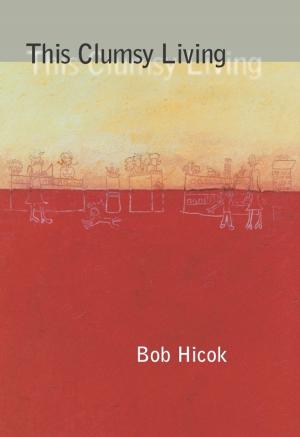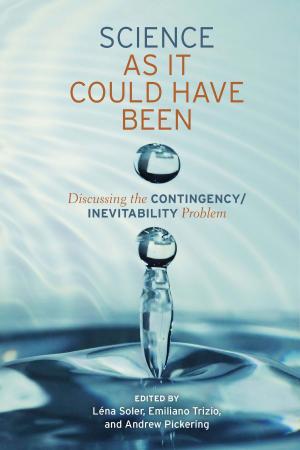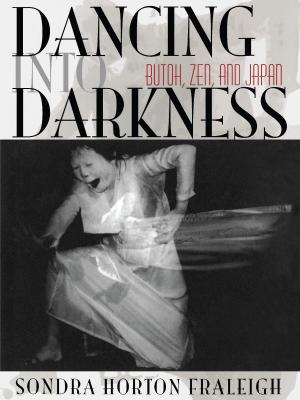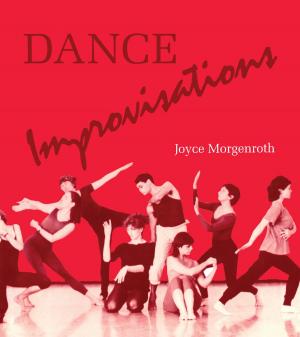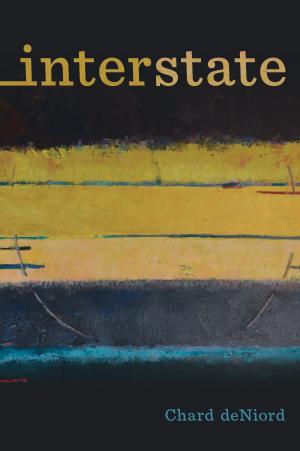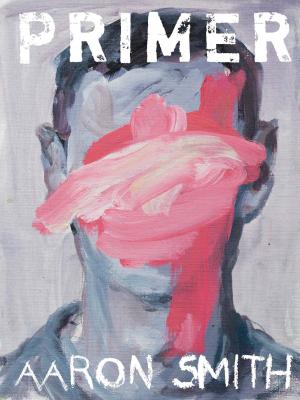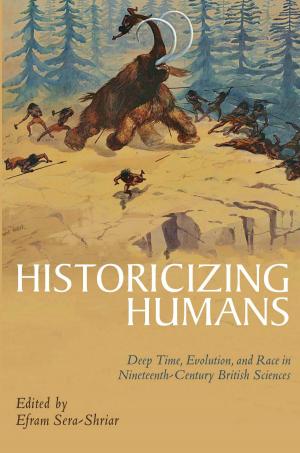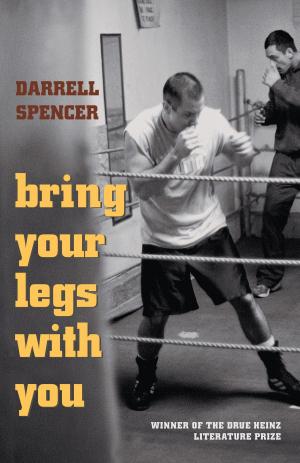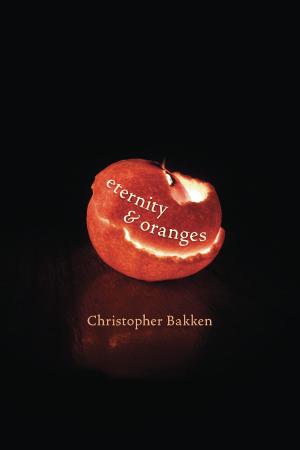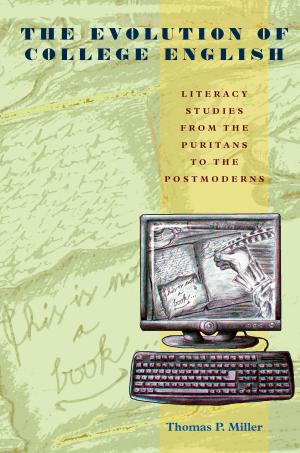| Author: | Daisy Fried | ISBN: | 9780822978657 |
| Publisher: | University of Pittsburgh Press | Publication: | March 18, 2013 |
| Imprint: | University of Pittsburgh Press | Language: | English |
| Author: | Daisy Fried |
| ISBN: | 9780822978657 |
| Publisher: | University of Pittsburgh Press |
| Publication: | March 18, 2013 |
| Imprint: | University of Pittsburgh Press |
| Language: | English |
Daisy Fried’s third book of poetry is a book of unsettling, unsettled Americans. Fried finds her Americans everywhere, watching Henry Kissinger leave the Louvre, trapped on a Tiber bridge by a crowd of neo-fascist thugs, yearning outside a car detailing garage for a car lit underneath by neon lavender, riding the train with Princeton seniors who have been rejected by recession-bound Wall Street, feeding stray cats drunk at midnight, bitching at her mother in the labor room, shopping with wide-bodied hunters for deer-dismembering band saws in the world’s largest supplier of seasonal camouflage, cursing her cell phone and husband at eighty-five miles an hour, hiding behind the mask of an advice column to proclaim Charles Bukowski “America’s greatest poetess.” There is nothing like this book, because there is nothing in it but America. No comfort, no consolation, no life-affirming pats on the back, no despair about God, no fear or acceptance of death, no irrational exuberance, no guilt or weariness, no misery even in the middle of personal and political crisis. Plenty of humor and plenty of seriousness. Joy. And a new kind of poetry: not nice, but rich and real.
Daisy Fried’s third book of poetry is a book of unsettling, unsettled Americans. Fried finds her Americans everywhere, watching Henry Kissinger leave the Louvre, trapped on a Tiber bridge by a crowd of neo-fascist thugs, yearning outside a car detailing garage for a car lit underneath by neon lavender, riding the train with Princeton seniors who have been rejected by recession-bound Wall Street, feeding stray cats drunk at midnight, bitching at her mother in the labor room, shopping with wide-bodied hunters for deer-dismembering band saws in the world’s largest supplier of seasonal camouflage, cursing her cell phone and husband at eighty-five miles an hour, hiding behind the mask of an advice column to proclaim Charles Bukowski “America’s greatest poetess.” There is nothing like this book, because there is nothing in it but America. No comfort, no consolation, no life-affirming pats on the back, no despair about God, no fear or acceptance of death, no irrational exuberance, no guilt or weariness, no misery even in the middle of personal and political crisis. Plenty of humor and plenty of seriousness. Joy. And a new kind of poetry: not nice, but rich and real.

